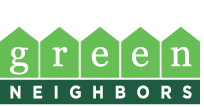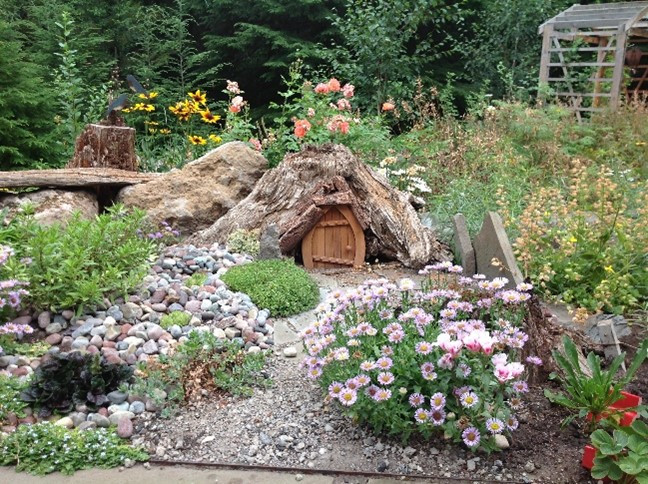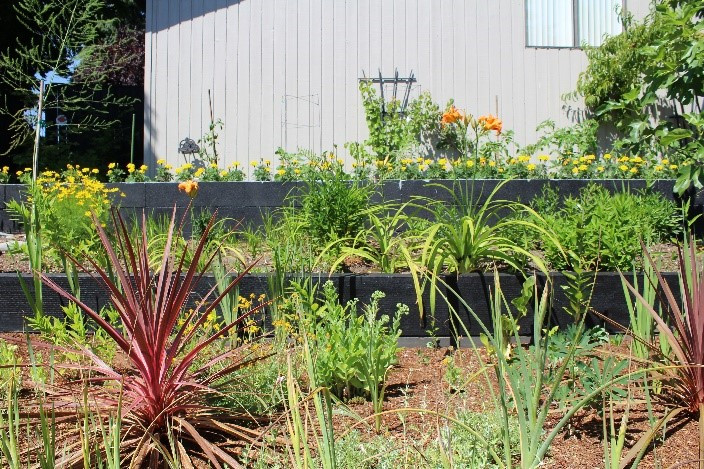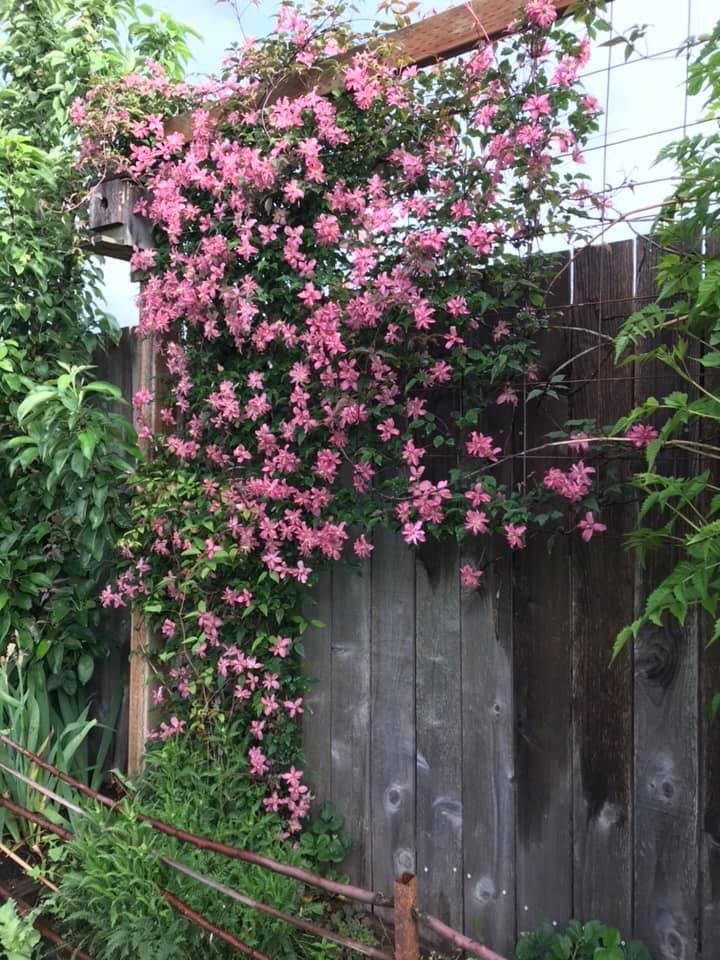Green Blog
Tour the Best Natural Gardens in Clark County
Do you want to elevate your garden while also preserving and supporting the natural environment? Look no further! Clark County Green Neighbors Natural Garden Tour returns to offer examples and inspiration for urban and rural gardeners alike.
This year, the Natural Garden Tour features nine gardens throughout Clark County that exceptionally demonstrate various natural gardening techniques. From the heart of Vancouver to the headwaters of the Washougal River, gardeners have gradually transformed their landscapes in a sustainable manner while enjoying the beauty and tranquility of gardening. The array of components that make up a natural garden are achievable on any scale, whether fruits and vegetables are grown organically; garden art is made from repurposed materials; a tolerant mindset allows for natural imperfections; and opting for a reduced-size lawn or lawn alternatives. Three techniques can instantly bring harmony to your gardening efforts.
Natural Pest Control
Pesticides have been used for decades to prevent, destroy, mitigate, or repel garden pests. They typically fit into one of three categories: herbicide, insecticide or fungicide. When pesticides break down or escape their intended area of use, they have harmful effects on human health, fish and wildlife and our environment. This includes contaminating drinking water and causing harm to bees, butterflies, and other beneficial insects and plants.
The good news is that there are plenty of alternatives to using pesticides! Biological controls are an effective and exciting way to keep pests out of your garden. Once you have identified what pest you are trying to remove, consider your options to keep it off your property without harming the environment. Some common pests and their environmentally-friendly controls include:
- Aphids: Reduce the aphid population in your garden by introducing predators such as the praying mantis or ladybugs.
- Non-native weeds: Mulch your gardens with pine cones, like one of the Natural Garden Tour gardeners, to suppress weed growth.
- Slugs and snails: Pour diluted coffee (they hate caffeinated soil) around the borders of your garden, or lay bait traps near cool, moist areas where they retreat to.
Water Use and Management
Water is not only a critical natural resource in the Pacific Northwest but around the world. As climate patterns change and become increasingly unpredictable, it is best to be prepared for all possible scenarios. There are many strategies to conserve local water resources and keep rainwater on your property:
- Drought tolerant plants: Choose plants that require less water than their typical counterparts. Native drought tolerant plants include Oregon grape, common juniper and broadleaf stonecrop.
- Rain barrel: Collect rainwater directly from the atmosphere or channeled from the roof of existing structures to use on the lawn or garden.
- Rain garden: Capture rainwater from the roof, driveway or street into a depressed area, usually containing native plants, to slowly soak into the ground. Rain gardens reduce flooding and the amount of water that makes its way off a property.
Pollinator and Wildlife
Pollinators such as bees, butterflies, moths, bats, birds and other insects play many important roles in the natural and human landscapes. In addition to maintaining local flora populations, they provide essential pollination for large scale agricultural production. Pollinator-friendly gardens provide food, shelter, water, and a safe space to raise offspring are provided for vulnerable pollinators and other wildlife to thrive.
- Avoid spraying pesticides whenever bees are or might be flying
- Plant native flowers as a direct and indirect source of food
- Offer a clean supply of water that recirculates or replenished regularly
Taking steps to garden naturally supports a healthy environment for our community while protecting local wildlife and waterways. It's possible to minimize the use of synthetic chemicals and still grow colorful blooms or tasty treats in the garden. Come join us for the Natural Garden Tour on July 17 to see these strategies in action and enjoy the sights, scents, and sounds these magnificent gardens have to offer.
Booklets with a tour map and garden details can be downloaded from the Clark County Green Neighbors website or found at six locations in Vancouver:
- Hayes Family Growers, 3004 NE 182nd Ave.
- Backyard Bird Shop, 8101 NE Parkway Drive
- Kindred Homestead Supply, 606 Main St.
- Dennis' 7 Dees Garden Center (formerly Shorty's), 10006 SE Mill Plain Blvd.
- Cascade Greenhouse, 6005 NE 139th St.
- Chapman's Greenhouse and Nursery, 14002 NE 117th Ave.




